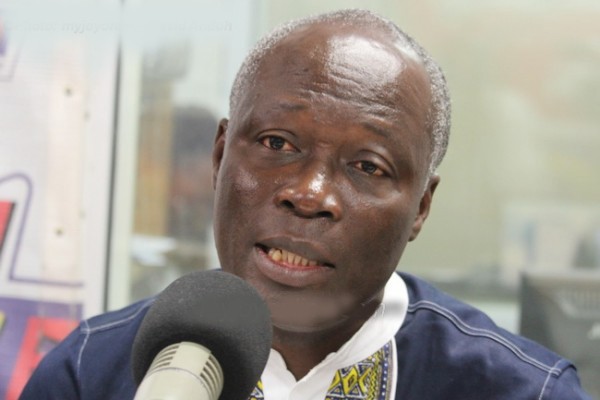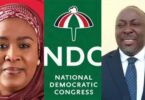
Source: Myjoyonline.com
Odododiodoo MP, Edwin Nii Lante Vanderpuye, has strongly berated President Akufo-Addo, suggesting that his ego played a significant role in ignoring input from stakeholders during the recent ministerial reshuffle.
The former Local Government Minister argued that the president overlooked valuable insights from various stakeholders, including Civil Society Organizations and his own constituents.
He outlined three key objectives he believes a reshuffle should aim to accomplish: promoting healthy competition among appointees, addressing specific issues, and aligning the government with the prevailing psychological dynamics of the country.
Speaking in an interview with Citi TV on Saturday, February 17, he stressed that, in pursuit of these goals, the president should have engaged his cabinet after a year or two to assess the performance of appointees and make informed decisions for effective governance.
Despite acknowledging the president’s prerogative not to publicly state reasons for appointments, Mr. Vanderpuye berated him for neglecting a crucial evaluation process, attributing it to his reluctance to listen to diverse perspectives.
“The president after a year or two should have sat down to with his cabinet. Every president I know has advisers outside his mainstream to see whether the scorecard of the people he had appointed was good, very good or possibly excellent. If they weren’t, then the president right from there could have taken certain measures and steps to see how he could reshuffle, let me say the pawns on the chessboard, in order to be able to win the game, he didn’t.”
“Persistent calls from civil society organizations, the clergy, some party faithful, and the opposition. In fact as for us [The opposition], if he didn’t listen to us, I wasn’t worried because I knew he wasn’t going to listen to us in any way. But when the pressure is coming from your own party, some of the council of elders, some of your party supporters, your members of parliament, Civil society organizations, these are the people who are doing day-to-day assessment of your men on the field. And sometimes when you sit at the top because your interaction is limited to people who you have chosen to serve, you don’t turn to hear the other side of the story.”
Source: www.myjoyonline.com








